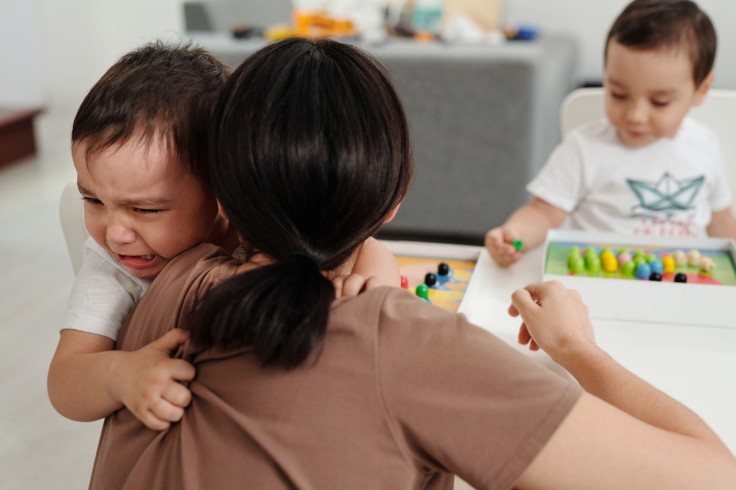
Humans are creatures of habit, they say. Even if welcomed and anticipated, change can take more energy than imagined. Thus, it is hard for humans to transition from one thing to another, especially if one is transitioning from something he/she loves doing.
The same goes for children, as the Child Mind Institute stated.
In fact, it is more difficult for kids to transition between activities, places and objects of attention, as they would not wholly understand why they need to go through the changes.
"Transitions are hard for everybody. One of the reasons why transitions may be hard is that we're often transitioning from a preferred activity - something we like doing - to something that we need to do," David Anderson, PhD, a clinical psychologist at the Child Mind Institute, declared.
Thus, transition is a "very common trigger" for kids' behavioral problems like sudden tantrums, throwing fits, withdrawing or acting out disruptively. And, no matter how parents remind themselves that transitions are a part of their children growing up, they can still be left being burned out, anxious, stressed and depleted.
Products with natural approach
Parenting Expert and Early Interventionist, Alexandra, listed down suggestions for parents on how they can support their children through transitions.
1. Anticipate child's reaction and always find time to discuss it.
Parents need to know which transitions are more challenging than others for the kids. Once identified, it will be easier to anticipate their reaction and discuss it with them. Often, we know which transitions are difficult for our kiddos. We can anticipate the reaction and discuss it with the child.
Parents can explain how it can really be hard to stop doing the things that one enjoys, that it can feel frustrating, that it can make one feel angry. Parents can share that they feel that way too, and it is natural.
2. Do an activity countdown.
Practice the 5-minute warnings, or better yet do the activity countdown that most children prefer but for some children before the transition, and count with the kids as they go through the countdown.
For example, if it is time to leave the park, instead of just saying, "It's time to leave," it can help when parents ask if there are three things they would want to do before they leave. Allow them to finish those final activities and count with them.
3. Allow a transition object.
Allow children to bring or use a transition object for a smoother transition from one activity to the next. A transition object can lessen their stress and frustration and help them transition emotionally with ease.
The kids can take a rock from the park, which they can paint at home, or a picture can be taken during the activity, which they can show to a family member or a friend, or a stick from a tree, which they can add to their toys.
Read Also : Back To School-7 Tips for Smoother Transitions
4. Permit the kids to ask for more time
Parents need to keep in mind that transitions can be challenging for the kids because they feel that they do not have control over what happens in their day. Thus, patience is a virtue, as always.
Acknowledge that they will be against it, and will ask for more time to continue doing what they are doing. So give them the opportunity to ask so that they would feel they are respected and would feel a sense of control over their day, Hindustan Times reported.
5. Give the kids something to look forward to
Children struggle with transitions because it requires them to leave a fun activity without knowing when they can do it again or what activity they can do next that will also be enjoyable or beneficial to them. Thus, it will be of great help to give them something to look forward to.
Related Article : Helping To Ease Your Children's School Worries; Even the Most Social Child Can Undergo Back-to-School Anxiety